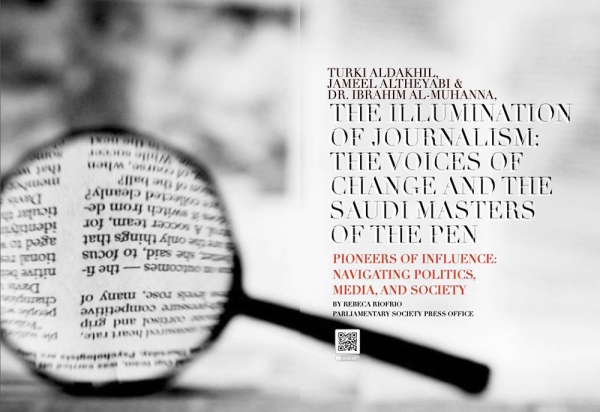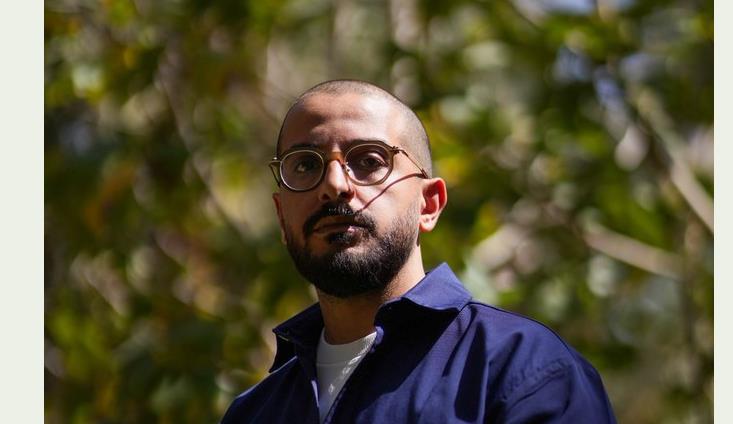
DUBAI: With a career spanning 60 years, Saudi singer and oudist Mohammed Abdu, dubbed ‘The Artist of the Arabs,’ has been an inspiration to many — and not just for his music. Abdu was born in Asir province, Saudi Arabia, on June 12, 1949. His father, a fisherman, died when Abdu was just three years old, leaving behind his wife and five other children.
Unable to provide for her children, Abdu’s mother surrendered her children to Ribat Abu-Zinadah — a local Yemenite hospital for orphaned families. She then petitioned King Faisal bin Abdulaziz Al-Saud to find her children places at an orphanage, which he did. Abdu spent the remainder of his childhood in an orphanage in Jeddah.
“This was really the actual struggle,” Abdu once said in an interview on Rotana’s “Ya Hala” show. “I remember every moment and every detail in my life. God gave me a memory that helps me remember things from when I was one. My struggles were of a child who wanted to be like the rest of the children in his neighborhood. They were all rich. I would see this and dream of reaching this level one day.” This was Abdu’s motive to work hard and build a name for himself. His got his first job when he was only seven, as an assistant to a mailman. He also raised money by helping housewives with their shopping and selling fruit and vegetables on the street.
While he was interested in music as a kid, Abdu’s dream was to be involved with sailing or seamanship, like his father. He even joined a shipbuilding institute. But eventually, he abandoned the idea of becoming a sailor and turned to his true calling: music.
Abdu began his music career in the 1960s when Saudi presenter Abbas Faiq Ghazzawi invited him to sing on the radio show “Baba Abbas.” Two songs in particular — “Al-Rasayel” and “Ab’ad” — became extremely popular. Both remain part of his live sets today.
“Ab’ad” was a hit around the world, with Iranian and Indian translations both garnering airplay, and even European bands performing covers of the track. With his strong voice and distinctive style of oud playing — reminiscent of the Syrian-Egyptian virtuoso Farid Al-Atrash, Egyptian composer Baligh Hamdi, and fellow Saudi Talal Maddah — Abdu toured the world. It was at a concert in Tunisia in the 1980s that he first received the soubriquet “The Artist of the Arabs,” from then-Tunisian President Habib Bourguiba.
At the end of the Eighties, Abdu took an abrupt sabbatical from music after the death of his beloved mother. It would be eight years before he performed or released another track.
Aside from being an acclaimed performer, Abdu is also a talented composer in his own right. He wrote several of his own tracks, including “Al Remsh Al Taweel,” “Ya Shoog” and “Ya Sherouq Al Shams,” but has also written for other stars, including the Egyptian singer Carmen Soliman, who partnered with Abdu after winning the first season of “Arab Idol,” releasing the 2014 Khaleeji track “Akhbari.”
Soliman told Arab News that composer Abdul Latif Al-Sheikh was the driving force behind this perhaps unexpected partnership. “He wished for a collaboration like that to happen, and he worked a lot until he made it happen,” she said. “I would like to thank him for choosing me. I could not believe it at the time. I felt like I would have a song in my history that would never be forgotten. And everyone would know that this song was composed by Mohammed Abdu. “He was my favorite singer to listen to,” she continued. “To me, Mohammed Abdu is a legend (whose like we will not see again). I love his voice. He has an amazing, strong voice. Through it, he can reach the hearts of the audience. I love his music.”
Soliman cited “Ma’ad Badri,” “Ala El-Bal” and “Shebeeh El-Reeh” as some of her favorite Abdu songs. “His performance in these songs is non-replicable,” she said.
Soliman also praised Abdu’s humility, which she said is not common among artists these days. “That, and his humor,” she said. “You feel like you are sitting with someone from your family. He is very down-to-earth and close to the heart.”
Soliman is not the only singer who hails Abdu as an icon. Saudi artist Hassan Eskandarani, who is also a researcher of Saudi songs, told Arab News: “Mohammed Abdu is an independent school. He sang to all categories.
“I can’t give my opinion on an artist who has (such a long) career,” he added. “Mohammed Abdu lives through three generations from the beginning of the Sixties. He played a pivotal role in expanding Khaleeji music outside of the Kingdom. I hope he keeps singing until he decides to stop.”
Eskandarani says Abdu is “a stage master,” who has had a major influence on his own live performances.
“Not everyone who sings a song on stage is a (real) singer,” he said. “Mohammed knows how to choose (songs) the fans like, so they engage with him.” Abdu remains a vital and relevant musician. Only this month, he reportedly broke the record for the biggest acquisition of an artist’s back catalog (which includes an astonishing 122 albums) in the Middle East when Rotana announced on Nov. 8 that it had bought the rights to his works.
“Rotana signed the largest deal of its kind in the Middle East – the agreement to purchase the full artistic content of Arab artist Mohammed Abdu,” the label announced on Instagram.
Chairman of the Saudi General Entertainment Authority Turki Al-Sheikh said at the event: “It is a courageous move from Mohammed Abdu to give up (these precious) works that he worked hard on for 60 years. It is similar to someone giving away one of his children.
“We at the General Entertainment Authority support the archiving of the artistic history of Saudi artists,” he added. “However, Mohamed Abdu remains ahead of the rest of the artists.”











